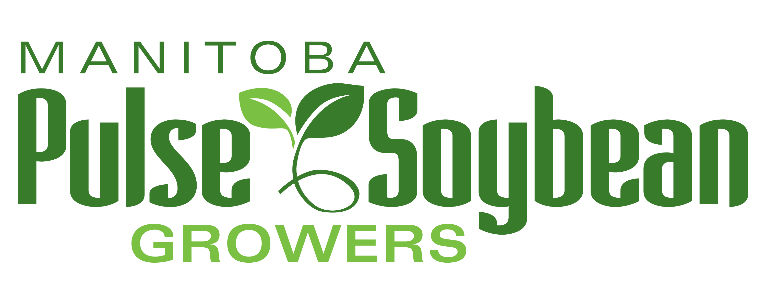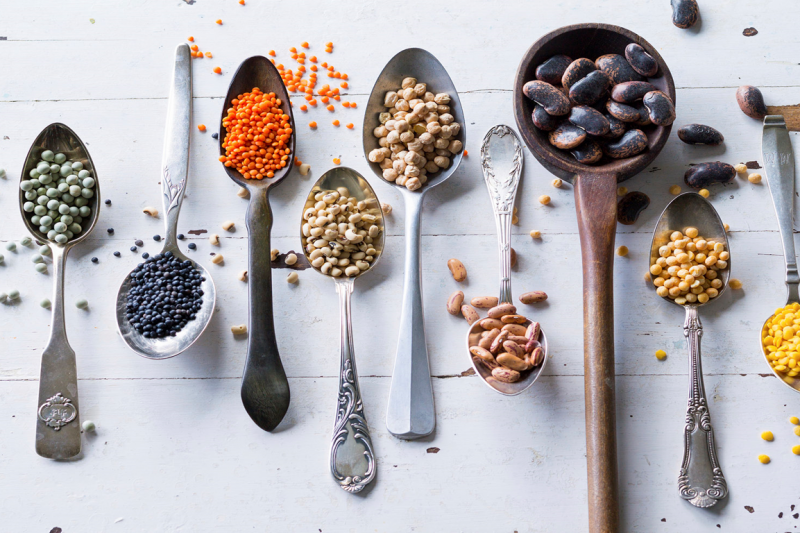What are pulses?

Pulse is the term for the dry, edible seeds of the legume family (plants with a pod).
Pulse comes from the Latin word puls meaning thick soup. Beans, peas, lentils, and chickpeas are all very nutritious. All pulses are very high sources of fibre, an excellent source of folate, an excellent source of iron if eaten with a source of vitamin C, high in complex carbohydrates, and low in fat. These nutritional attributes make a pulse an important part of any healthy diet and can help maintain a healthy weight. Pulses have additional benefits for people who have diabetes, have high blood cholesterol levels, tend to be constipated, have celiac disease or who are vegetarians.
By definition, soybeans are not a pulse because their seed is not dry (it contains high amounts of oil). While they are healthy, they are not as nutritious as edible beans, peas, lentils and chickpeas. MPSG includes soybeans in their portfolio because they are a legume and agronomically, they grow like a pulse – they are able to fix their own nitrogen and their seeds grow in pods. Soybeans are primarily processed for their oil, which is used in salad dressings, margarine, vegetable oil and shortening. Soybeans are also a great source of protein and are used in various food products such as tofu, milk, cheese, flour and edamame. Soybean consumption has been associated with the prevention of a few major health conditions, including breast cancer, prostate cancer, cardiovascular disease, menopausal symptoms and osteoporosis.
When you’re eating products made with pulses, you’re making a choice that is good for the environment. Pulses take less energy to grow than other crops, producing fewer greenhouse gases. Pulse crops are also one of the most environmentally-friendly sources of protein, contributing to sustainable food production by protecting and improving soil and water resources.





